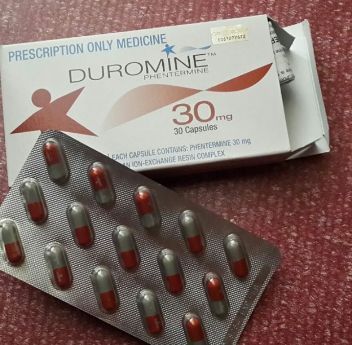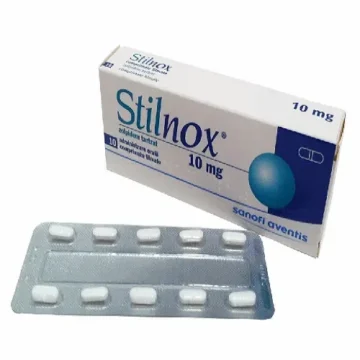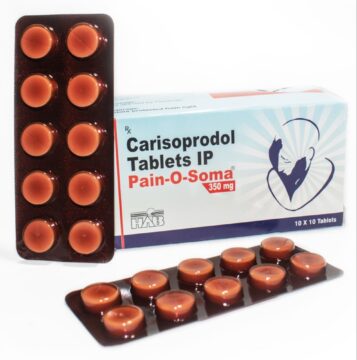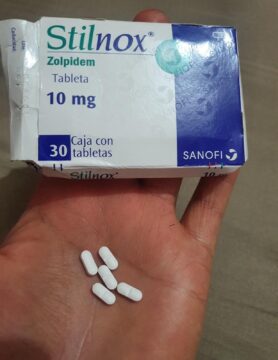- You have no items in your shopping cart
- Continue Shopping
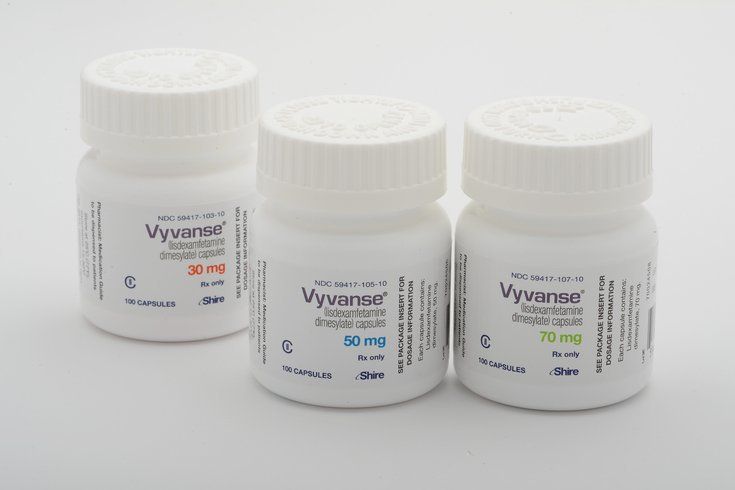
50Mg Of Vyvanse, known generically as lisdexamfetamine, is a medication primarily prescribed for the treatment of Attention Deficit Hyperactivity Disorder (ADHD) and sometimes for binge eating disorder. It is classified as a central nervous system stimulant and works by increasing levels of certain neurotransmitters in the brain, particularly dopamine and norepinephrine, which helps improve focus, attention, and impulse control. One common dosage of Vyvanse is 50mg, which is significant for many patients. This article explores the implications, benefits, and considerations of taking 50mg of Vyvanse.
What is Vyvanse?
Vyvanse is a prodrug, meaning it is inactive until it is metabolized in the body. This unique characteristic provides a smoother onset and a lower potential for abuse compared to other stimulant medications used for ADHD. Vyvanse is available in various strengths, with 50mg being one of the higher dosages prescribed for individuals who require significant management of their ADHD symptoms.
Uses of 50mg of Vyvanse
The primary indication for Vyvanse is the treatment of ADHD in children aged 6 and older, as well as adults. The medication can help:
- Improve Attention Span: Patients often report better concentration and a reduced tendency to become distracted.
- Reduce Hyperactivity: Vyvanse can help manage hyperactive behaviors, allowing individuals to engage more calmly in daily activities.
- Enhance Impulse Control: Individuals may find it easier to think before acting, improving social interactions and decision-making.
In addition to ADHD, Vyvanse is also approved for treating moderate to severe binge eating disorder in adults. This use can help reduce the frequency of binge eating episodes and improve overall psychological well-being.
Dosage Considerations
The typical starting dose of Vyvanse is 30mg, which may be adjusted based on individual response and tolerability. A dose of 50mg may be appropriate for patients who do not achieve desired effects on lower doses. However, it’s crucial for the prescribing physician to assess the patient’s specific situation, including age, weight, and the severity of symptoms.
Side Effects of 50mg of Vyvanse
While many individuals benefit from Vyvanse, it is essential to be aware of potential side effects, which may include:
- Insomnia: Difficulty sleeping is common, particularly if the medication is taken later in the day.
- Loss of Appetite: Many patients experience reduced hunger, which can lead to weight loss.
- Increased Heart Rate: Some users report palpitations or a racing heart.
- Mood Changes: Anxiety or irritability may occur in some individuals.
Safety and Precautions
Before starting Vyvanse, patients should discuss their medical history with their healthcare provider, especially if they have a history of heart problems, mental health disorders, or substance abuse. Regular follow-ups are necessary to monitor the effectiveness and any adverse effects of the medication.
Conclusion
A dosage of 50mg of Vyvanse can be a critical component in managing ADHD or binge eating disorder for many patients. It is vital to adhere to the prescribed dosage and maintain open communication with healthcare providers to ensure the medication is effective and safe. With appropriate use, Vyvanse can significantly enhance the quality of life for individuals dealing with these challenges, helping them to thrive in their daily activities and responsibilities. If you or someone you know is considering Vyvanse as part of their treatment plan, consult a healthcare professional for personalized advice and guidance.

